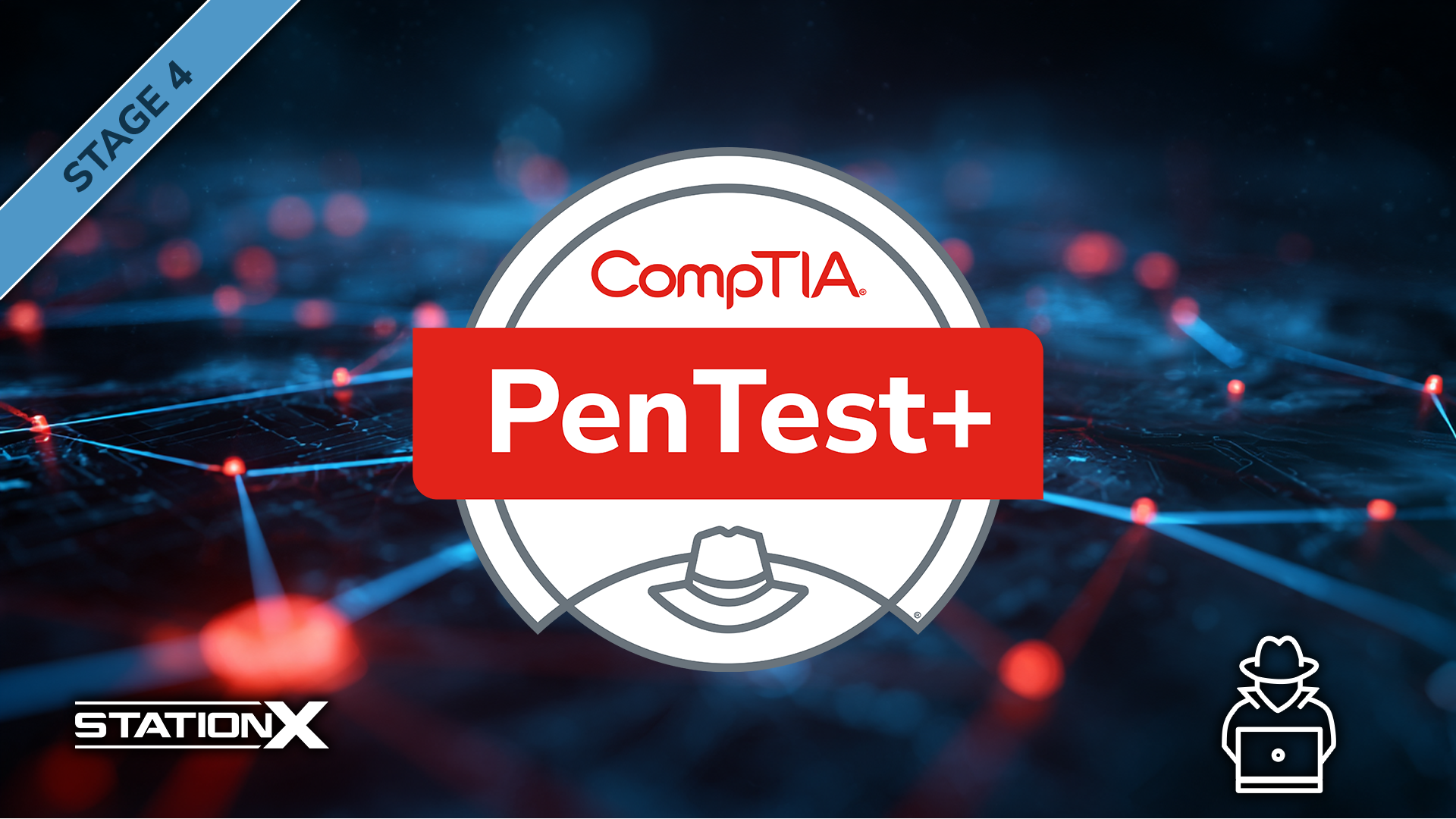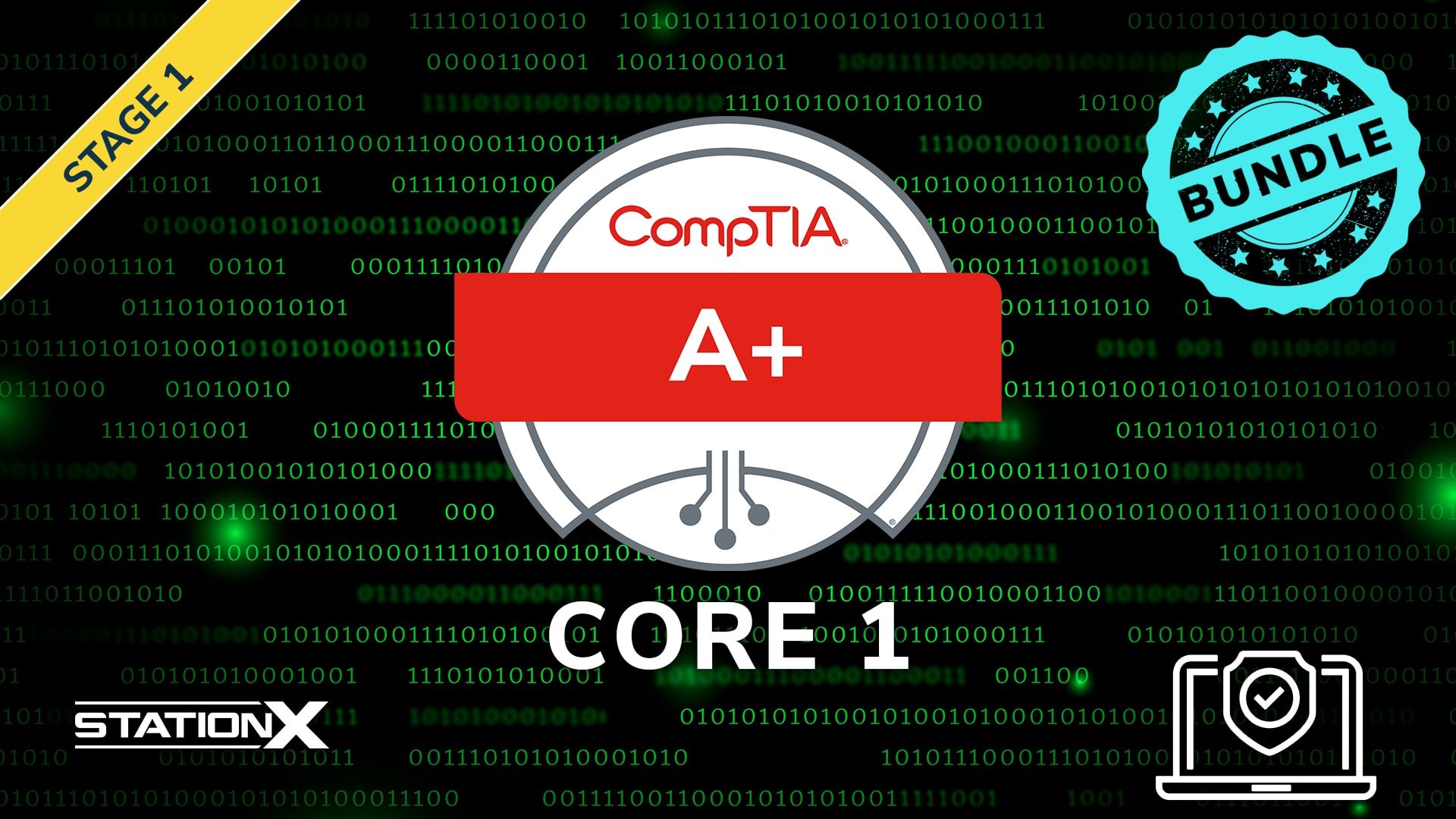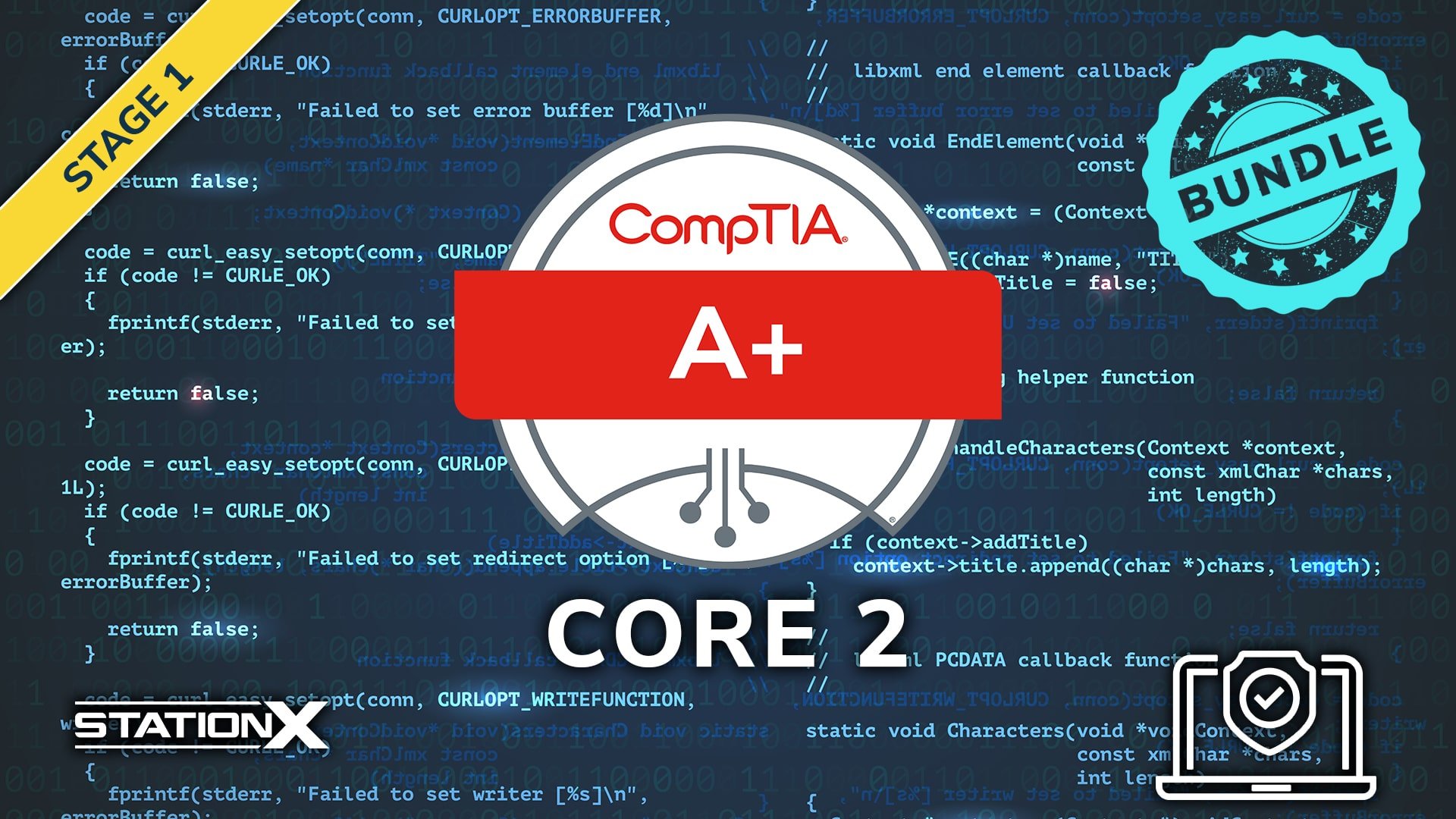Certification Courses
Advance your IT and cybersecurity career with our Certification Courses, covering globally recognized credentials from CompTIA, Cisco, ISC2, ISACA, and top cloud providers. From foundational certs like A+, CCST, and Security+ to advanced tracks like CCIE, CISSP, and CISA, these expert-led courses and practice exams prepare you to pass your certifications and validate your skills in today’s most in-demand roles.
Featured Course
Many learners enjoyed this highly rated course for its engaging content.

CompTIA Security+ Course & SY0-701 Practice Test Bundle
Certification Courses

CompTIA Cloud+ Training Bundle (CV0-004): 3 Courses

CompTIA Cloud+ Flashcards: CV0-004 Prep

CompTIA Cloud+ CV0-004 Practice Tests

CompTIA Cloud+ Certification Course: CV0-004

CompTIA PenTest+ Courses Bundle PT0-003

CompTIA PenTest+ Certification Flash Cards

PenTest+ Practice Questions PT0-003

Total CompTIA PenTest+ Course

CompTIA A+ Online Course Bundle Core 1 (V15)




